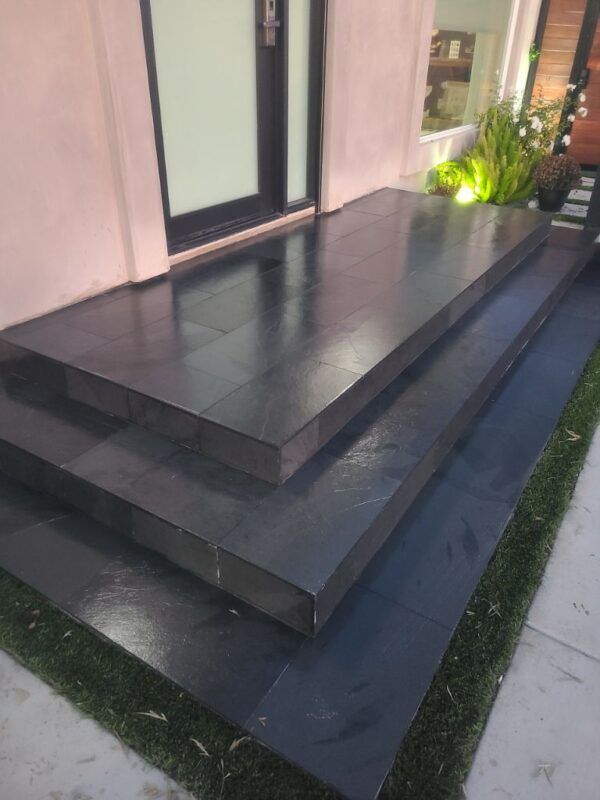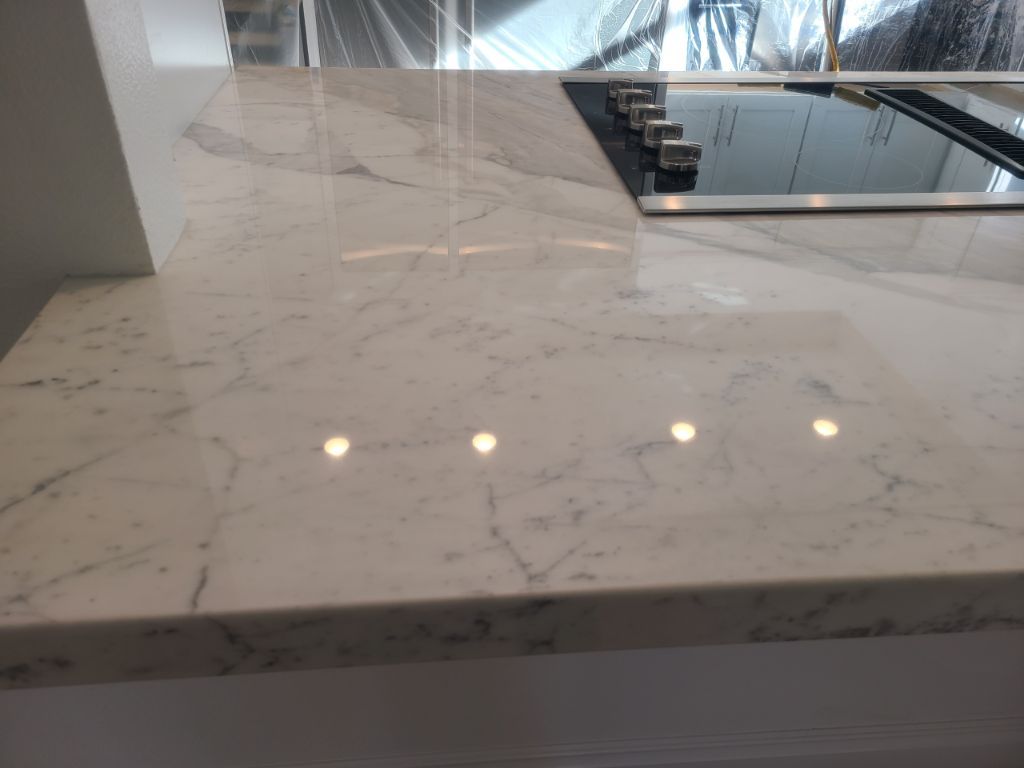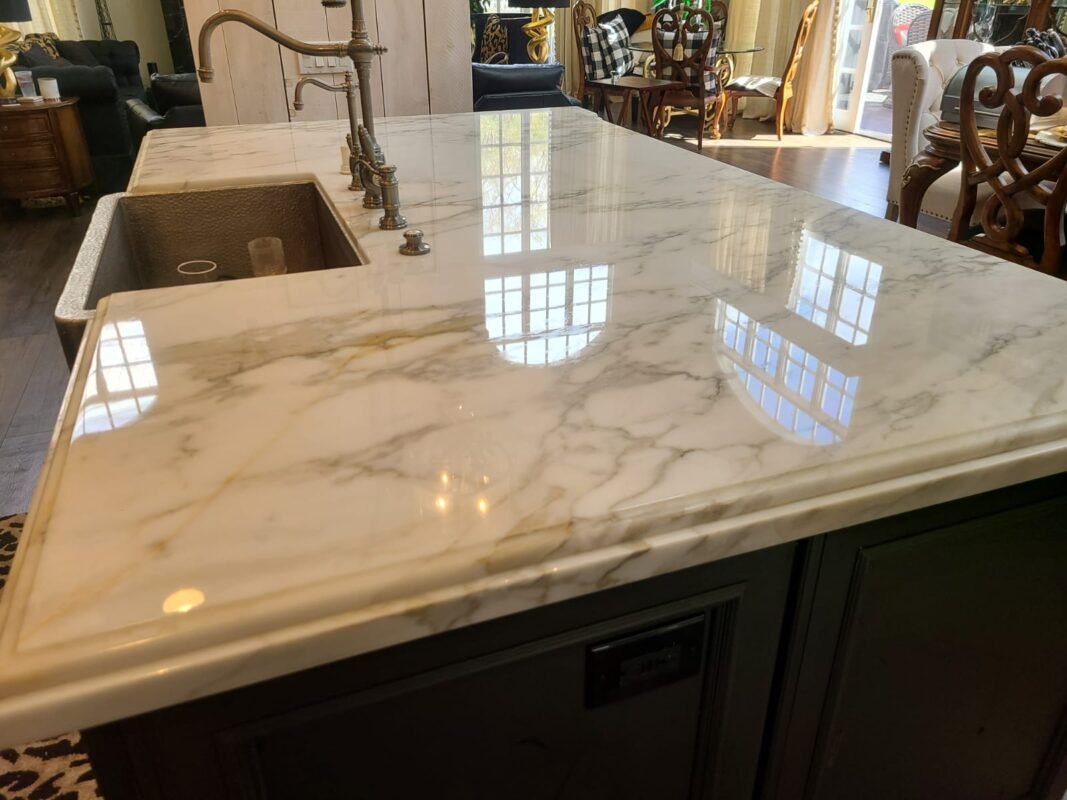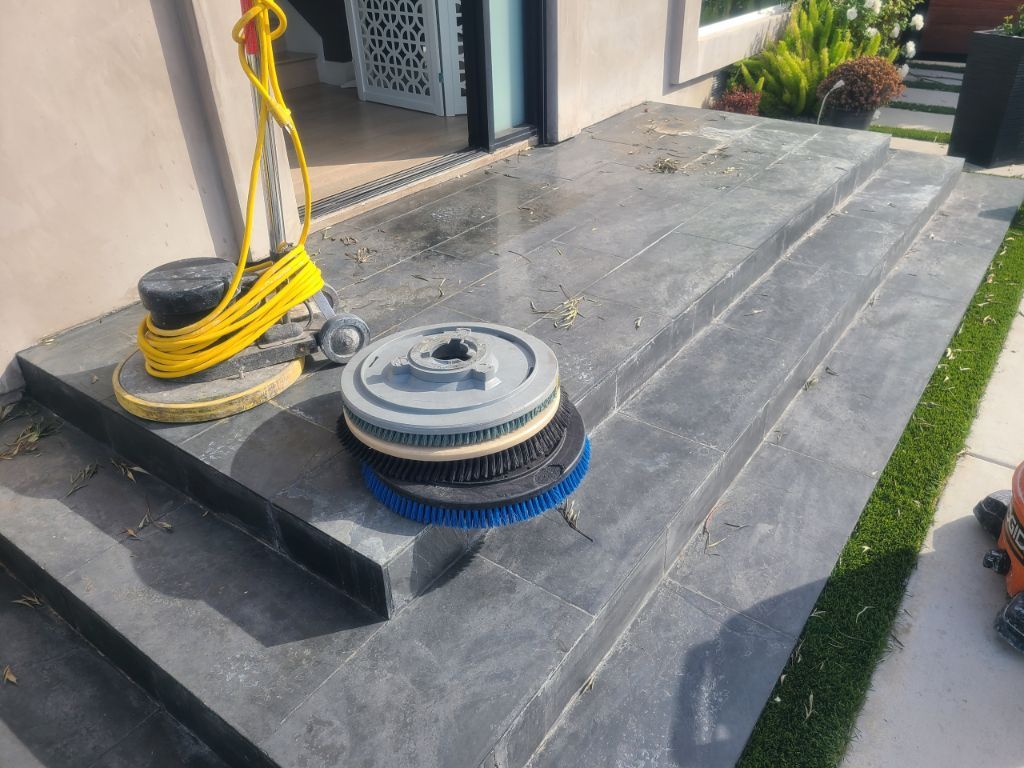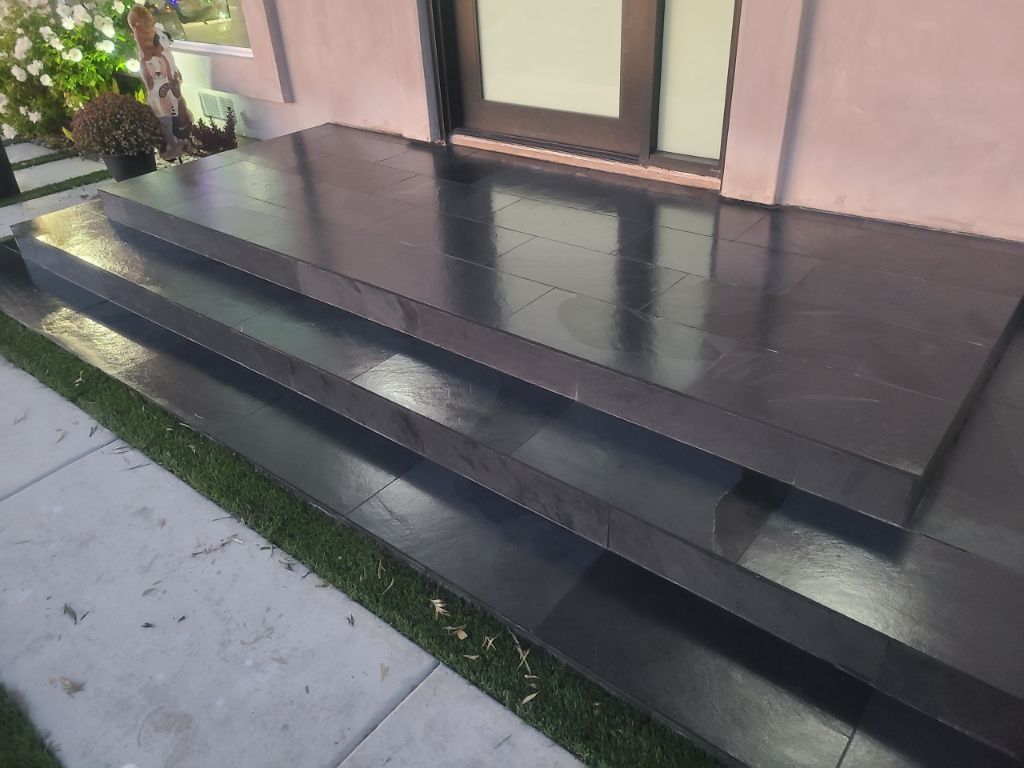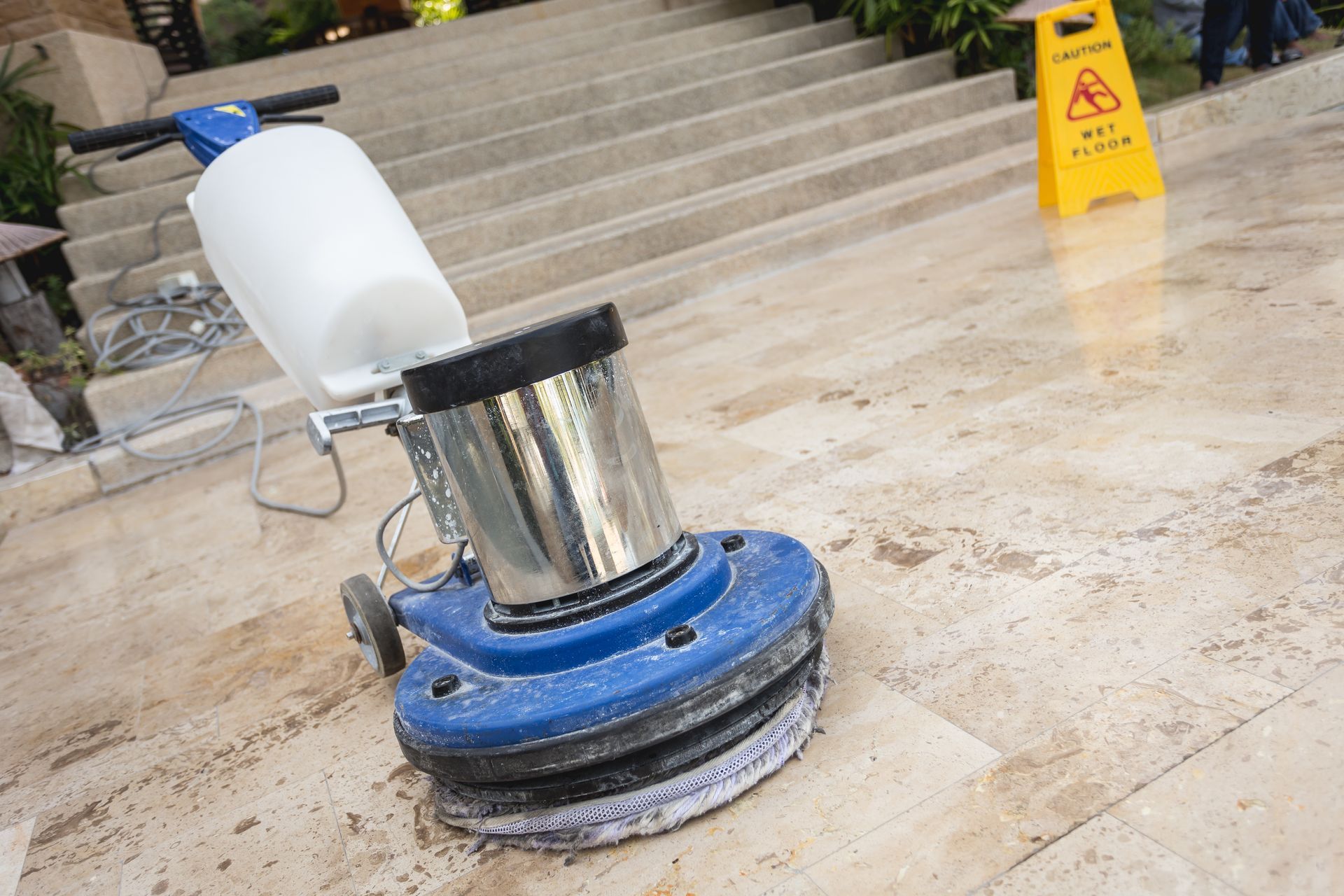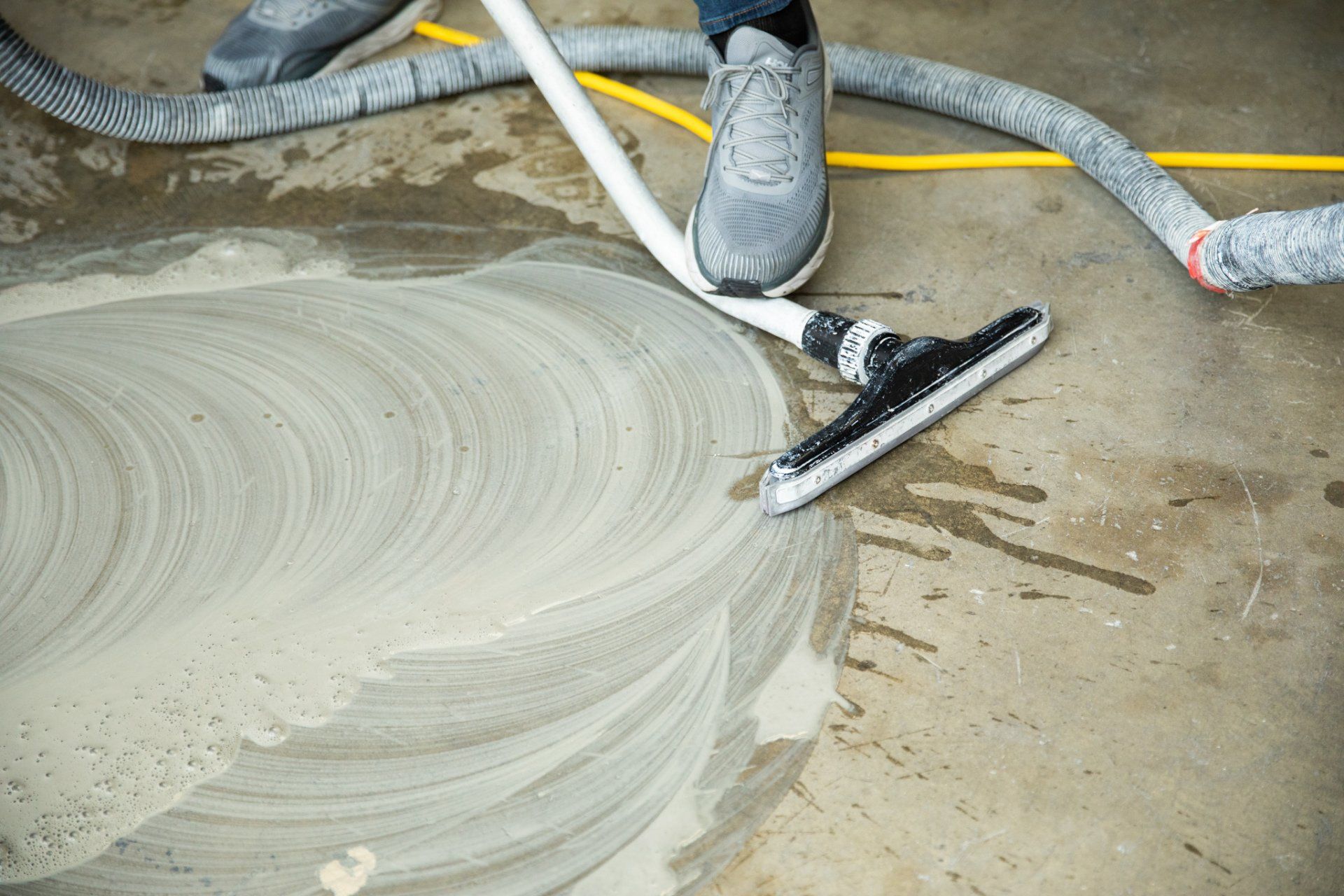Natural Stone Cleaning & Restoration Services
Keep your natural stone looking shiny, bright and well-maintained. Whether it’s marble, granite, limestone, and more, we can revive dull floors and countertops and repair chips and cracks.
Hours
- Mon - Fri
- -
- Saturday
- -
- Sunday
- Closed
Service Areas
San Diego, Orange County, Palm Desert, Palm Springs, Rancho Mirage, Temecula, and Murrieta
Contact Us
Our Natural Stone Cleaning Services
Cleaning
Enhance the beauty of your natural stone with regular cleanings.
Restoration
Keep the lustrous sheen alive with proper care of the natural stone.
Repair
Repair your cracks and chips so your natural stone is like new.
Guaranteed Quality
Our work is guaranteed to keep your natural stone beautiful.
What you don’t know can hurt your natural stone!
Did you know that?
- Different types of stone require different types of care.
- Homemade products found on the internet can do more harm than good.
- Exposing family members to toxic cleaning chemicals may be dangerous.
- A proper application process must be followed when using a specialized product.
- Maintaining your floors can help increase the return on your investment.
- Educating yourself is important when choosing a stone cleaning specialist.
Learn more from our experts and let us know when you need our cleaning and refurbishment services.
Resources & Education
Why Choose Marble Stone Polish?
We love working with natural stone!
20+
Years of experience
>500
Successful cleaning & restoration projects
15
Trained professionals






